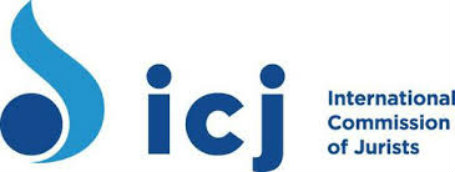On the International Day Against Homophobia, Biphobia and Transphobia (IDAHOT), the International Commission of Jurists took the opportunity to release a statement calling for the human rights of LGBTI people to be respected throughout South Asia.
"While there have been some progressive developments, discrimination, violence and other human rights abuses against LGBTI people—both at the hands of the State and non-State actors—remain rampant in South Asia," the statement said.
It pointed out that same-sex relationships continue to be criminalised through colonial era laws in Afghanistan, Bangladesh, Bhutan, India, Maldives, Pakistan and Sri Lanka.
Continuing to prosecute individuals under such laws is threatening to large numbers of people, according to the statement, which was reported on by The Wire India.
The ICJ encouraged South Asian governments to allow transgender persons to determine their gender, and create laws that facilitate genuine consent for any medical procedures performed on intersex individuals.

